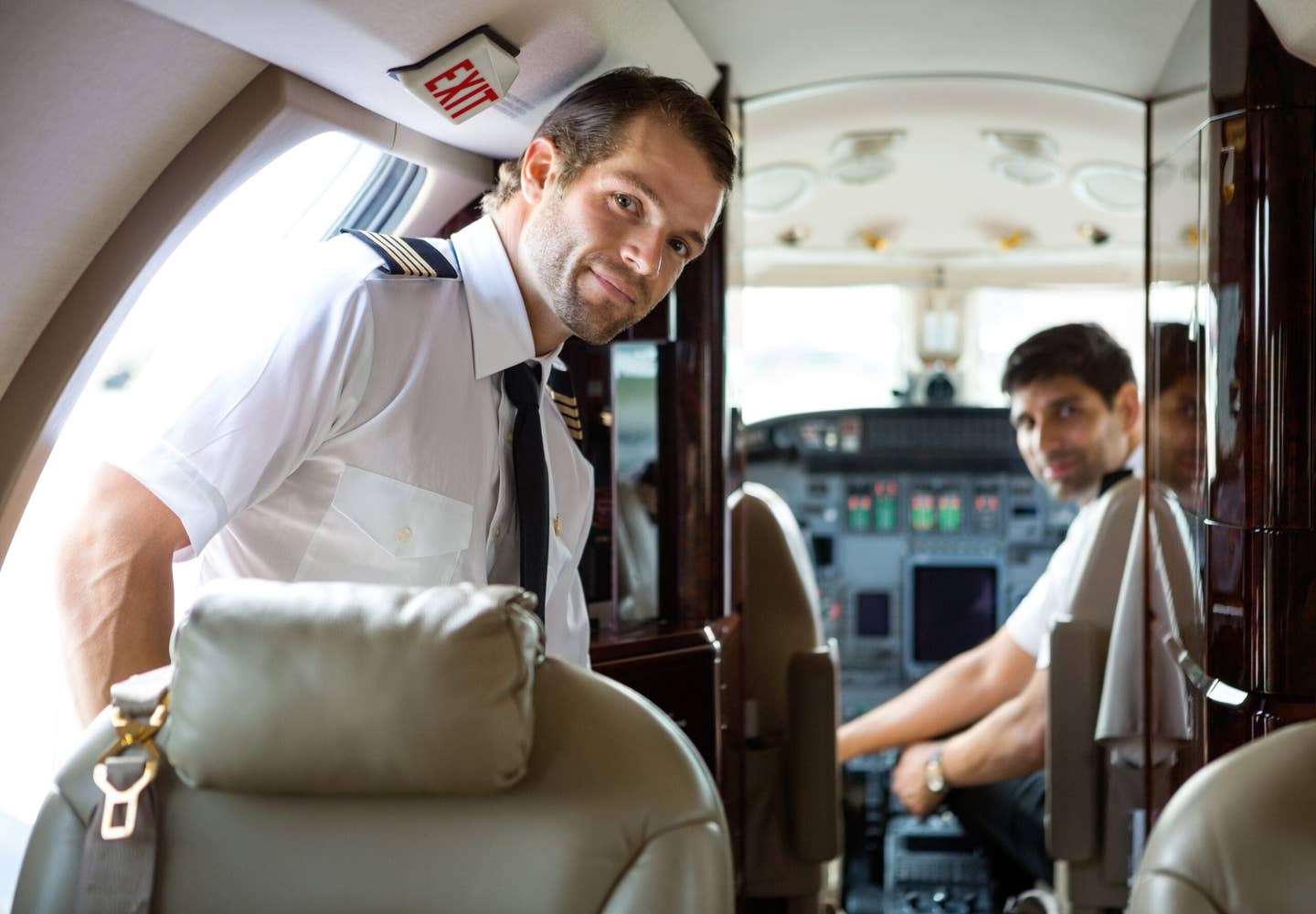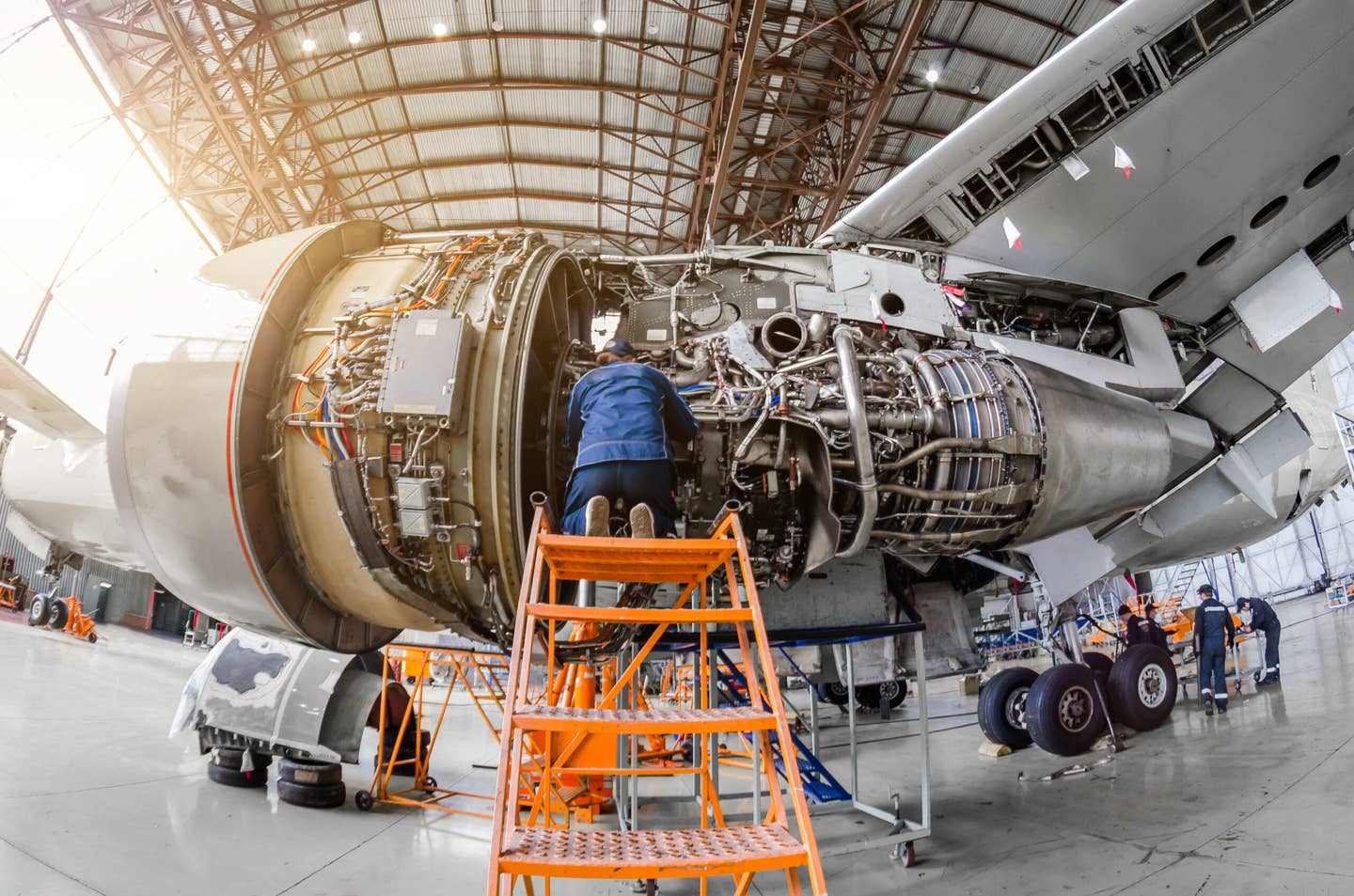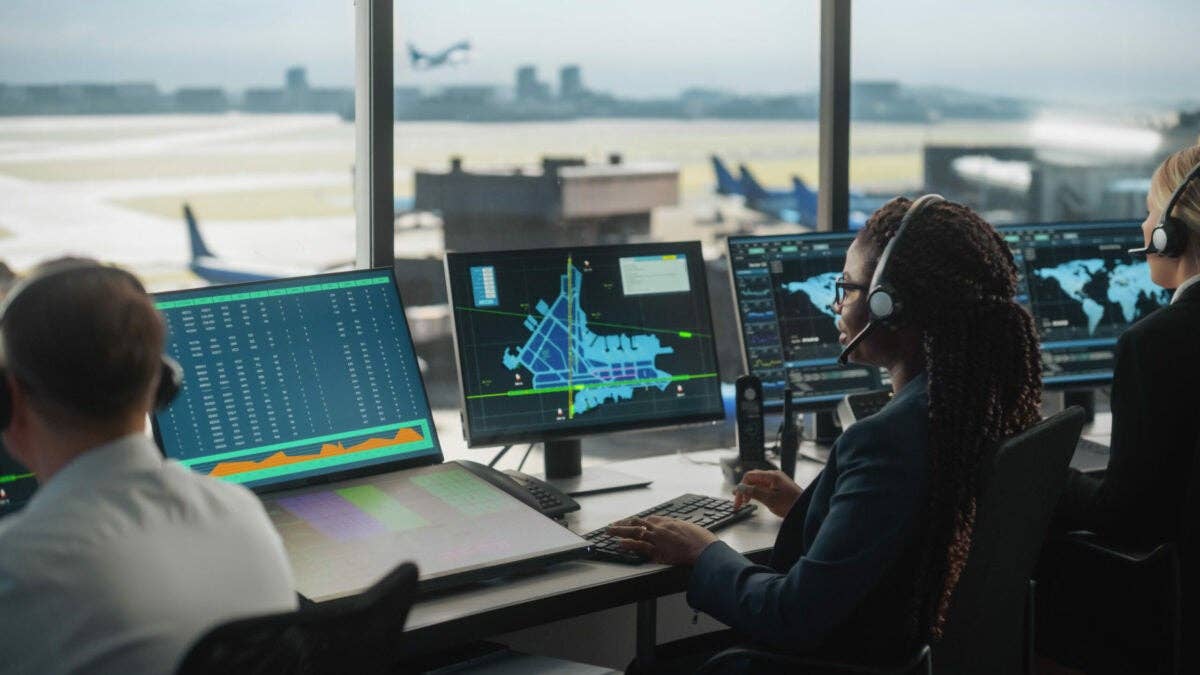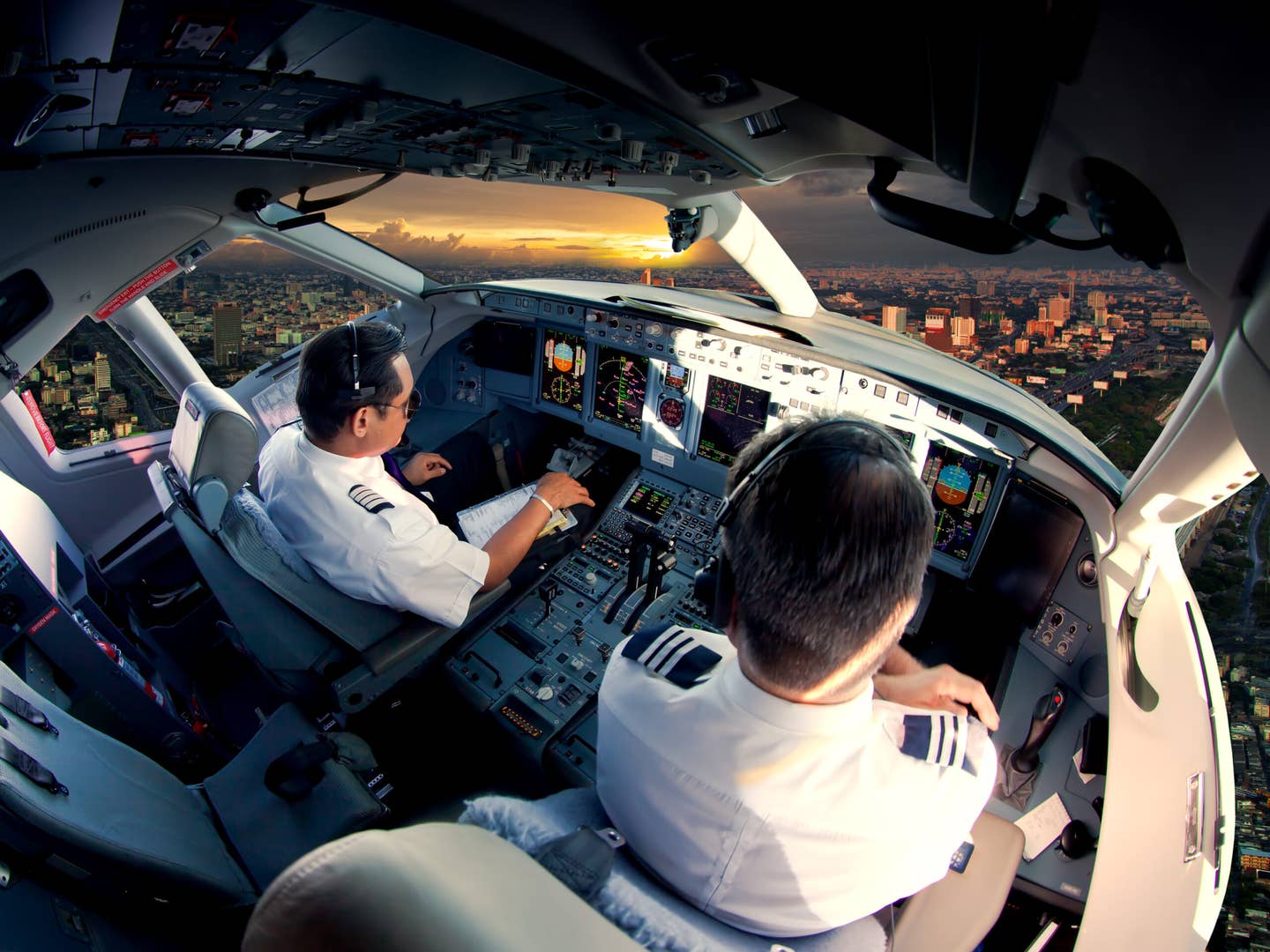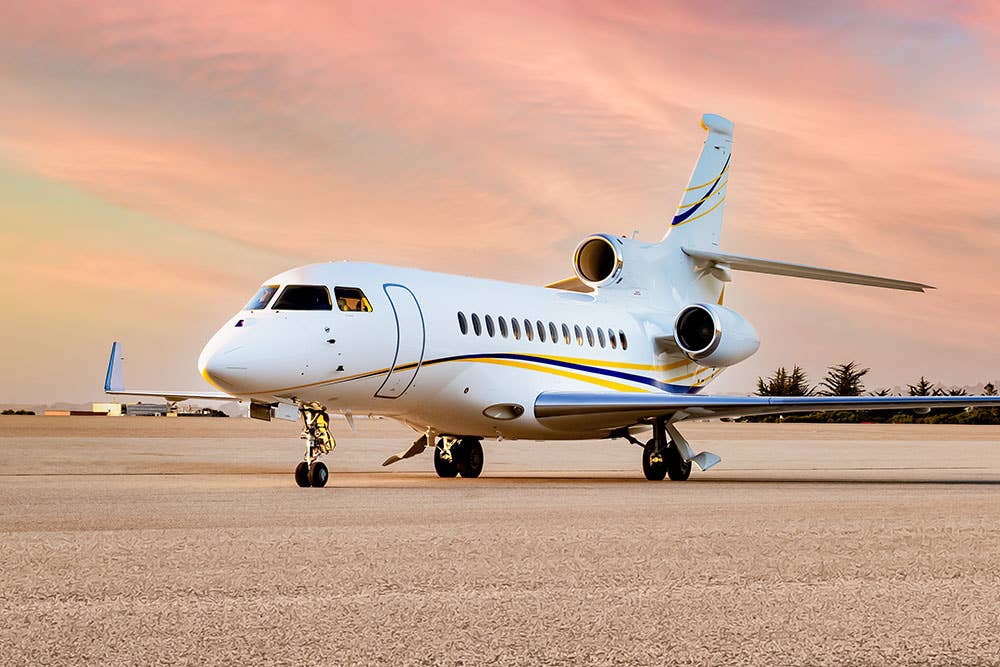
There will come a day for all professional pilots to retire. A Roth IRA is a good way to prepare for that day. CHUANCHAI_PUNDEJ
Whether it’s mandatory retirement at age 65 for an airline pilot, or just that day when you can’t get a medical certificate any more, at some point, you’ll have to walk away from your high-paying aviation job. Ideally, that part of your life is a time for relaxation and family. However, you only get to enjoy those luxuries if you’ve saved up enough money to continue covering your needs.
Your success in saving for retirement depends entirely on your ability to understand and harness the power of compounding interest. If you start socking away money when you’re young, it can grow to incredible amounts by the time you retire.
With a normal investment (or, brokerage) account, the government makes you pay taxes on that money at least twice. You have to pay income tax before you even invest, then you have to pay more taxes on the larger balance when you pull the money out of your investment account to spend later in life.
These taxes are a necessary burden for our regular brokerage account, but thankfully the government gives us a break for something called an individual retirement account, or IRA.
You can contribute up to $6,000 into your IRA each year ($7,000 if you’re over 50) and the government will only tax that money once. #winning
Types of IRAs
The government offers two different types of IRAs: traditional and Roth. If you contribute your money to a traditional IRA, you get to skip paying taxes on the money this year. (In fact, the IRS ignores the existence of this money altogether. This reduces your taxable income and your resulting tax bill.) You only pay taxes on this money when you spend it. Hopefully, that happens years from now and the miracle of compounding interest has grown your money substantially.
The other option, a Roth IRA, swaps the timing of your tax payment. You’ll pay taxes this year on the amount you contribute (up to $6,000), but you never have to pay any taxes on this money again. If you let that $6,000 sit around earning 5 percent interest for 40 years, it will eventually grow to $42,240!
Would you rather pay taxes on $6K or $42K?
In general, pilot pay starts very low and increases over time. This means most pilots have a lower tax rate early in their careers than they do later on. In general, it’s a good idea to contribute to a Roth IRA if your tax rate now is lower than it will be in the future.
This means you should do everything in your power to contribute as much as possible (up to the $6,000 annual limit) to your Roth IRA every year, starting right now!
The Rules
Since IRAs are governed by U.S. tax laws, they come with a mountain of rules. Here are a few caveats you should know as you start investing in your future:
- You can only contribute income you earned this year to your IRA. You can’t have zero income this year and contribute money you had stashed away from last year. If you only earned $150 this year, then you can only put $150 into your IRA.
- Your spouse can have his or her own IRA, even if they don’t have a job. This means your family’s total IRA contributions could be $12,000 for the year, as long as you earn at least that much money this year.
- In general, you’re not supposed to withdraw the money from your retirement account until you reach the government’s defined retirement age of 59½. They’ll even slap you with a 10 percent penalty if you withdraw too soon. (Don’t worry though. We’ll discuss plenty of exceptions that can get you penalty-free access to this money if you really need it.)
- When you get old enough (like in your 70s), the government requires you to take minimum distributions (RMDs) from your IRA. You’ll hear people approaching that age talk worriedly about RMDs, but you shouldn’t sweat them. Worst case: You can hire a financial advisor who will help you make these RMDs work for you.
- IRAs are such a good deal that the government won’t let you take advantage of them if you make too much money. If your taxable income exceeds the thresholds listed here (starting around $125,000 for a single person or $198,000 for a family) you cannot (and must not) put anything into your IRA this year.
- You can have more than one IRA account. You could have three different traditional IRA accounts and seven different Roth IRA accounts, each with a different brokerage service. However, your total contributions across all those accounts can’t exceed the maximum of $6,000 per year.
There are plenty of other rules, but those are enough to get you started. Hopefully you’re convinced, and you’ll be opening and/or funding your Roth IRA right away.
However, you may have a typical pilot’s skepticism. This all sounds good, but as a pilot you objectively know that you’re smarter, better looking, and better at flying than I am…even if you’ve never met me. You probably want to see the justification behind my recommendations.
I think that’s a good call, so in my next column we’ll have an investment account pylon race. We’ll compare a traditional brokerage (investment) account with both traditional and Roth IRA accounts. We’ll see how taxes affect each one, and which performs better over time. (Spoiler alert: like all things in aviation, the answer boils down to “It depends.”) We’ll even post an online calculator you can use to test out your own scenarios.
In the near future I’ll take you step by step through the process of setting up an IRA or regular brokerage account. We’ll also discuss the best ways to invest your money when you’re just starting out.
Jason Depew flies as a captain for a major U.S. airline. He is also an Air Force reservist and has flown more than 300 combat missions over Afghanistan and other garden spots. Based in Tampa, Florida, he instructs in the Icon A5 and anything else he can get his hands on. His writing is focused on personal finance for pilots with the goal to help all types of aviators enjoy great careers, sometimes in spite of themselves. You can send Jason questions at editorial@flying.media.

Subscribe to Our Newsletter
Get the latest FLYING stories delivered directly to your inbox


